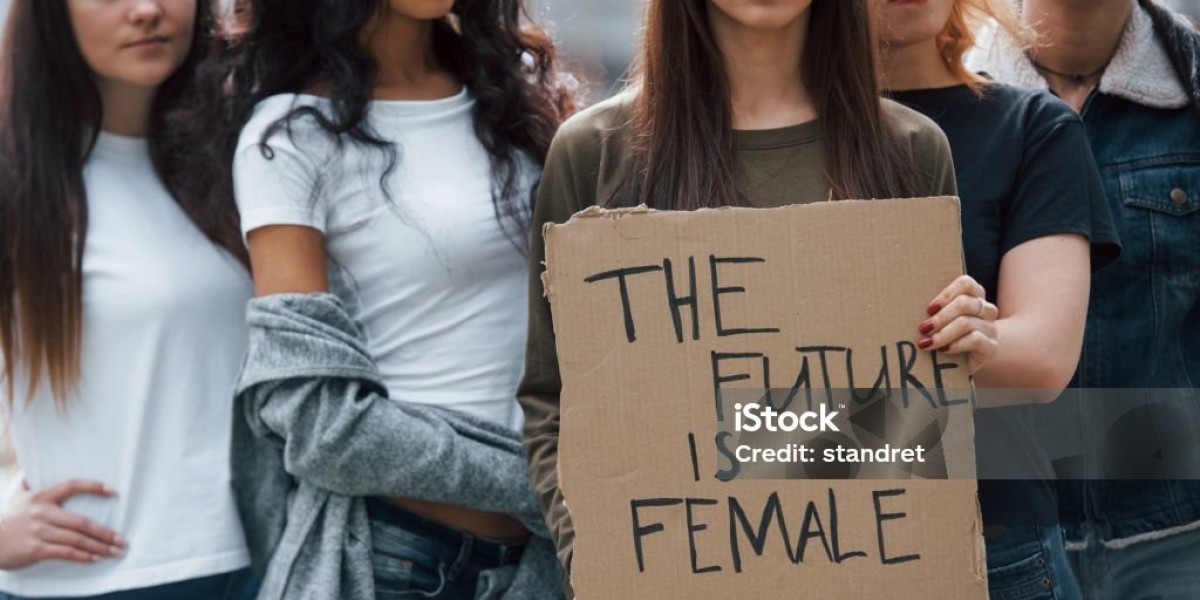Women's rights activists today continue to advocate tirelessly for gender equality, empowerment, and social justice in the face of persistent challenges and inequalities. In this article, we shine a spotlight on the inspiring work of contemporary women's rights activists, highlighting their achievements, impact, and ongoing struggles.
Advocating for Gender Equality
Fighting Discrimination:
Women's rights activists challenge systemic discrimination and gender-based violence, advocating for legal reforms, policies, and initiatives to protect women's rights and ensure equal treatment under the law.
Promoting Economic Empowerment:
Activists work to address economic inequalities by campaigning for fair wages, access to education and employment opportunities, and financial independence for women and girls, particularly those from marginalized communities.
Championing Reproductive Rights:
Ensuring reproductive rights and healthcare access is a key focus for women's rights activists, who advocate for comprehensive reproductive health services, contraception, and the right to make informed choices about their bodies and lives.
Addressing Intersectional Challenges
Recognizing Intersecting Identities:
Contemporary women's rights activists embrace intersectionality, acknowledging the diverse experiences and identities of women based on race, ethnicity, class, sexual orientation, disability, and other intersecting factors.
Centering Marginalized Voices:
Activists prioritize the voices and experiences of marginalized women and girls, including indigenous women, women of color, LGBTQ+ individuals, and those living in poverty or conflict zones, ensuring their perspectives shape advocacy efforts and policy agendas.
Fostering Inclusive Movements:
Women's rights activists work collaboratively with other social justice movements, recognizing the interconnectedness of struggles and the importance of solidarity in combating systemic oppression and inequality.
Harnessing the Power of Technology and Social Media
Amplifying Voices:
Social media platforms provide a powerful tool for women's rights activists to amplify their voices, raise awareness, mobilize support, and organize collective action on issues ranging from #MeToo to reproductive rights and climate justice.
Combatting Online Harassment:
Activists confront online harassment, cyberbullying, and digital violence against women, advocating for stronger regulations, online safety measures, and platforms' accountability in protecting users from abuse and harassment.
Building Digital Communities:
Digital spaces foster connections and solidarity among women's rights activists globally, enabling them to share resources, strategies, and best practices, and collaborate across borders to advance gender equality and social justice.
Conclusion
Women's rights activists today are at the forefront of the struggle for gender equality and social justice, challenging patriarchal norms, advocating for policy reforms, and empowering women and girls worldwide. Their resilience, courage, and determination continue to inspire positive change and pave the way for a more equitable and inclusive future.
FAQs (Frequently Asked Questions)
What are some key issues women's rights activists advocate for today? Women's rights activists advocate for gender equality, economic empowerment, reproductive rights, and addressing intersectional challenges faced by marginalized women and girls.
How do contemporary women's rights activists use social media and technology? Women's rights activists leverage social media and technology to amplify their voices, raise awareness, combat online harassment, and build digital communities for collective action and solidarity.
Why is intersectionality important in women's rights activism? Intersectionality recognizes the interconnectedness of systems of oppression and the diverse experiences of women based on intersecting identities such as race, ethnicity, class, sexuality, and disability.



